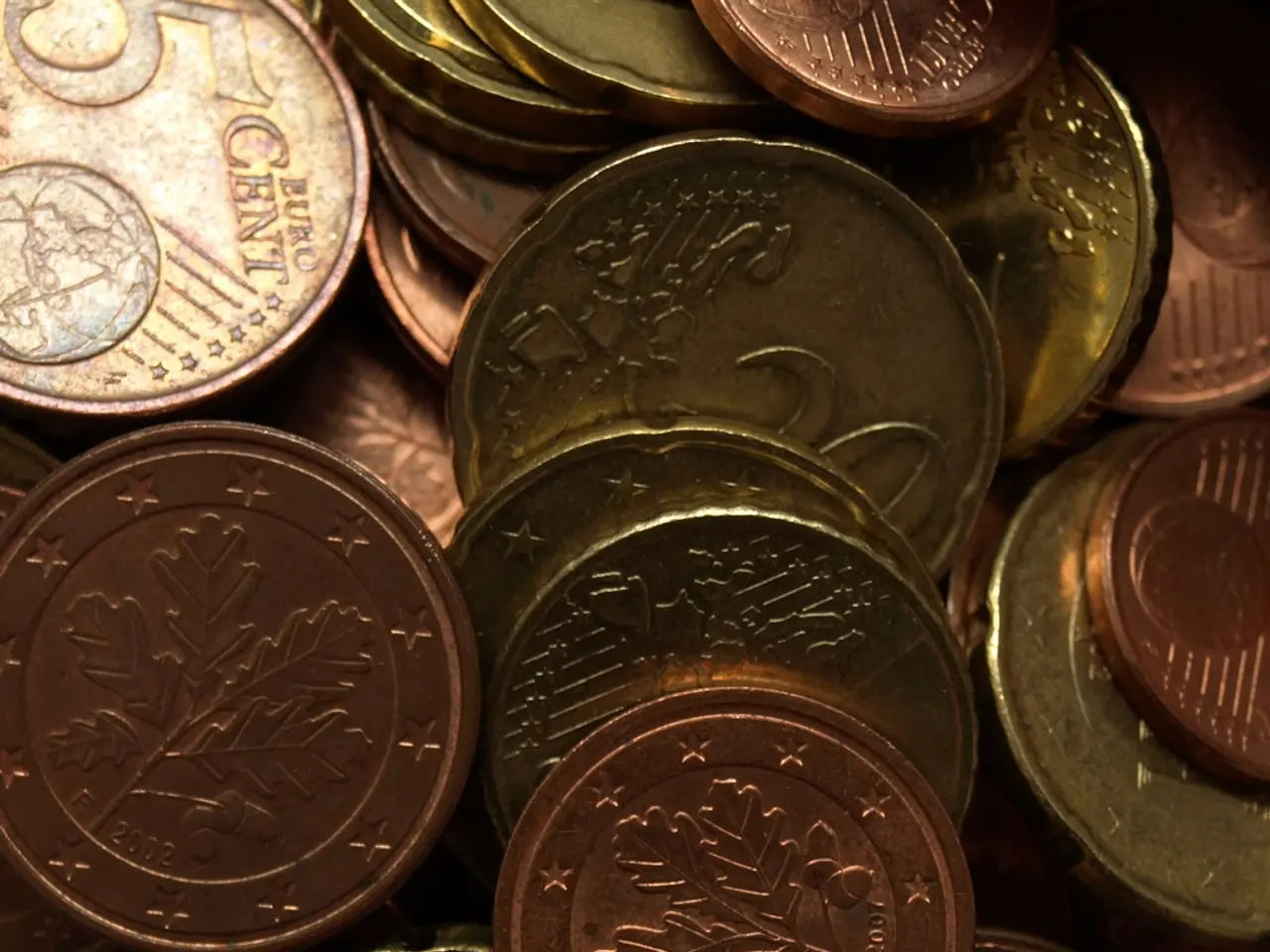Stricter Cryptocurrency Regulations Imposed by Singapore to Combat Financial Criminal Activities
In a move aimed at curbing financial crimes and enhancing oversight, the Monetary Authority of Singapore (MAS) has announced stricter rules for cryptocurrency trades. The new regulations, effective June 30, 2025, will require digital token service providers (DTSPs) operating from Singapore to obtain a license from the MAS, regardless of whether their services are provided solely to overseas clients.
Under the new framework, any entity involved in the transfer of digital payment tokens, exchange between digital tokens and fiat or other tokens, custody of digital tokens on behalf of others, or promotion of token-related services will fall under the DTSP definition. This covers centralized exchanges, decentralized finance (DeFi) platforms, wallet providers, token issuers, and marketing firms enabling token services abroad—even if they do not handle user funds directly.
All DTSPs incorporated or operating in Singapore must be licensed by MAS by the deadline or cease operations. No transition period is granted, and licenses will only be issued in "extremely limited circumstances." Licensed DTSPs must uphold continuous compliance, including meeting minimum capital requirements, employing a Singapore-based compliance officer, conducting annual audits, implementing stringent anti-money laundering (AML) and counter-terrorism financing (CTF) measures, maintaining robust cybersecurity standards, and more.
The new regulations apply to any entity based in Singapore, regardless of whether services are provided solely abroad. The regime's intent is to tackle risks related to money laundering and terrorism financing from cross-border crypto activities. The MAS has explicitly warned of enforcement actions, including fines of up to SGD 200,000 and possible imprisonment for non-compliant providers.
The conditions for obtaining a license from MAS have become considerably stiffer, leading to predictions that most applications will be denied. Overseas-focused firms operating in Singapore's cryptocurrency market must obtain a license or shut down their operations. Regulatory and industry responses have reiterated the importance of such measures to uphold the financial standing of Singapore.
John Kojo Kumi, a cryptocurrency researcher and writer specializing in emerging startups, tokenomics, and market dynamics within the blockchain ecosystem, has emphasized the need for such regulations to navigate the complexities of digital assets and decentralized technologies. He holds a Bachelor of Arts in Geography and Rural Development from Kwame Nkrumah University of Science and Technology, Kumasi, and is a Crypto News Writer, tracking and reporting on industry trends. He is also a Registrar at the Commission on Human Rights and Administrative Justice, reflecting his commitment to governance and transparency.
Meanwhile, in other news, Cantor Fitzgerald has finalized a $4 Billion Bitcoin acquisition deal, and Bitcoin's price indicates a recent 24-hour decline of 1.42%, while over the past 90 days, it has risen by 22.06%. As of the latest update, Bitcoin (BTC) is trading at $106,181.78 with a market capitalization of $2.11 trillion and a market dominance of 64.57%. Ripple CEO Garlinghouse is scheduled to testify before the US Senate on digital assets, and Circle's NYSE listing has sparked a surge in stock and USDC interest. However, FTX Creditors risk losing claims worth $825 Million, and the SEC Moves Forward on Universal Crypto ETF Listing Standards is a recent news item.
- The Monetary Authority of Singapore (MAS) has announced stricter rules for cryptocurrency trades to tackle financial crimes and enhance oversight, effective June 30, 2025.
- Under the new regulations, digital token service providers (DTSPs) in Singapore must obtain a license from MAS, regardless of serving only overseas clients.
- John Kojo Kumi, a cryptocurrency researcher and writer, has emphasized the need for such regulations to navigate the complexities of digital assets and decentralized technologies.
- The new regulations aim to tackle risks related to money laundering and terrorism financing from cross-border crypto activities, with enforcement actions including fines and possible imprisonment for non-compliant providers.
- In other crypto news, Cantor Fitzgerald has finalized a $4 Billion Bitcoin acquisition deal, while Bitcoin's price has recently declined by 1.42% in the last 24 hours but risen by 22.06% over the past 90 days.
- The regulatory landscape of the crypto industry continues to evolve, with Ripple CEO Garlinghouse scheduled to testify before the US Senate on digital assets and the SEC Moving forward on Universal Crypto ETF Listing Standards.




